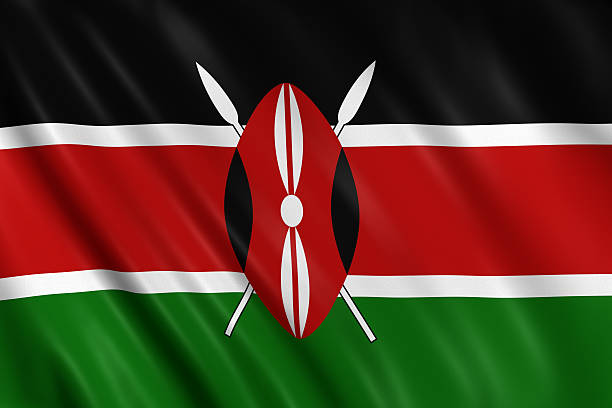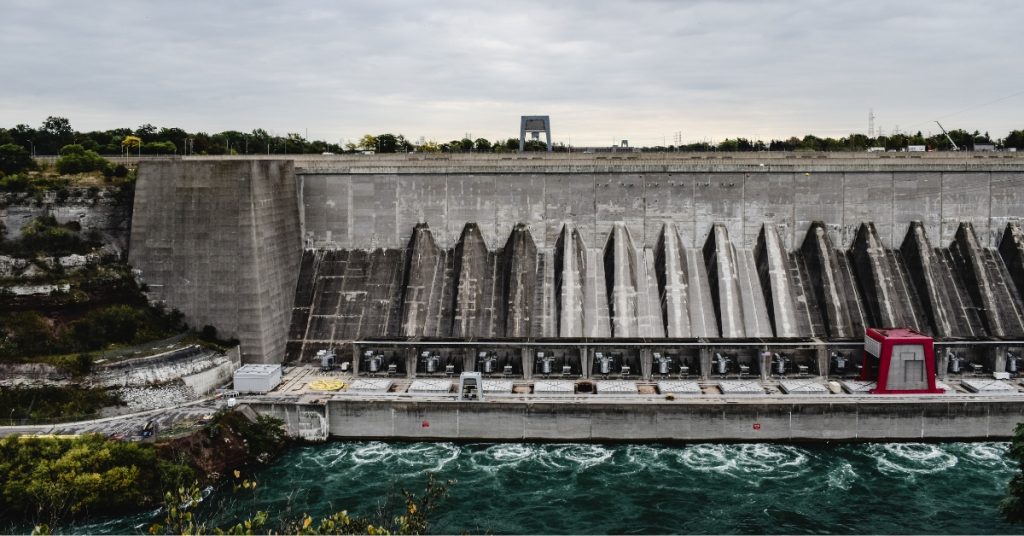Water scarcity is a growing concern in many parts of the world, and Kenya is no exception. As industries expand and urbanization accelerates, the water demand has surged, putting pressure on already limited freshwater resources. To address this challenge, more industries in Kenya are adopting sustainable water practices. One effective solution gaining traction is the implementation of grey water recycling systems.
What is Grey Water?
To understand its industrial relevance, it’s important to ask: What is grey water? Grey water refers to gently used water from sources like sinks, showers, washing machines, and other non-toilet fixtures. While it is not safe for drinking, it contains fewer pathogens than black water and can be safely treated and reused for non-potable purposes.
Benefits of Grey Water Recycling in Industry
The reuse of grey water presents several benefits for industrial operations:
- Reduces freshwater consumption: By reusing water for applications such as cooling, cleaning, and irrigation, industries can significantly lower their freshwater intake.
- Cuts down wastewater discharge: Grey water recycling helps industries manage their effluent volumes, reducing the environmental impact and compliance burden.
- Lowers utility costs: By minimizing reliance on municipal water supplies and reducing discharge fees, companies can achieve substantial cost savings over time.
- Promotes sustainability: Implementing a grey water recycling system reflects a company’s commitment to responsible environmental practices and can enhance its public image.
Industrial Applications of Grey Water Recycling Systems in Kenya
Kenyan industries, particularly those located in water-stressed regions, are exploring grey water systems to maintain operational efficiency without depleting freshwater sources. Key sectors include:
-
Hospitality Industry
Hotels, resorts, and lodges often have high water usage due to guest services, laundry, and landscaping. A grey water recycling system allows these establishments to reuse water for toilet flushing, irrigation, and cleaning—helping reduce their environmental footprint.
-
Manufacturing and Processing Plants
Factories involved in textile, food, or beverage processing consume large volumes of water daily. Grey water recycling can support non-critical functions like floor cleaning, cooling systems, and equipment washing.
-
Real Estate and Commercial Developments
Office buildings and commercial complexes in urban Kenya are increasingly installing grey water systems to reuse water from wash basins and showers for flushing and irrigation. This not only reduces pressure on the municipal water supply but also meets green building standards.
-
Educational and Institutional Campuses
Schools and universities with large campuses benefit from grey water reuse in landscaping, maintenance, and sanitation facilities. This contributes to sustainability education and practical resource management.
How does Ion Exchange Contribute to Water Recycling Systems?
Ion Exchange offers comprehensive water management solutions that focus on wastewater recycling, product recovery, and waste minimization. Their integrated systems employ cutting-edge, energy-efficient, and cost-effective technologies such as advanced membrane processes, oxidation, and evaporation. These innovations enable the conservation of water by recycling wastewater and recovering valuable products for reuse, aiming for zero liquid discharge and providing a strong return on investment while safeguarding the environment.
Through meticulous bench-scale and pilot plant studies and detailed site surveys, Ion Exchange selects the most suitable technologies and treatment schemes. These solutions are tailored for various industries, including power plants, fertilizers, electronics, electroplating, textiles, chemicals, food and beverages, pulp and paper, pharmaceuticals, and automobiles, ensuring optimal recovery and reuse of water and valuable products.
The INDION TADOX process represents a significant advancement in the treatment of complex industrial and municipal wastewater. This innovative solution offers flexibility by allowing integration at the secondary treatment stage, either before membrane processes or during the pre-biological stage. Employing novel approaches, INDION TADOX minimizes chemical usage, reduces sludge production, prevents secondary pollution, and decreases the load on downstream tertiary treatments. As a retrofittable and integrated solution, it ensures reduced treatment times and delivers highly resource and energy-efficient processing, leading to 30-40% reductions in both CAPEX and OPEX. Key advantages include high efficiency, excellent treated water quality, a clean and green approach, and a modular, integrated design.
Advanced Oxidation Systems (AOPs) encompass a range of chemical treatment processes designed to remove organic and, at times, inorganic materials from water and wastewater through oxidation reactions with hydroxyl radicals (OH). These processes often utilize ozone (O3), hydrogen peroxide (H2O2), and UV light. A specific type of AOP is in situ chemical oxidation. The advantages of AOPs include their ability to effectively eliminate organic compounds in the aqueous phase rather than transferring pollutants to another phase. Additionally, some AOP designs can achieve disinfection, making them a comprehensive solution for various water quality issues. Since the complete reduction product of hydroxyl radicals is water (H2O), AOPs theoretically do not introduce new hazardous substances into the water.
HYDRAMEM, developed by Ion Exchange, showcases the best in modern membrane technology. With superior quality and decades of manufacturing expertise, HYDRAMEM is the preferred choice for industrial, institutional, and domestic applications. Our advanced membrane range includes Reverse Osmosis (RO), Ultra Filtration (UF), and Nano Filtration (NF), ensuring high performance and reliability across various uses.
Conclusion
Grey water recycling is an innovative, sustainable solution that supports industrial growth while preserving precious water resources. In Kenya, where water scarcity is a pressing issue, industries can benefit significantly from adopting grey water systems. These systems not only reduce water consumption and operational costs but also contribute to environmental stewardship.
Connect with Ion Exchange experts today to explore grey water recycling solutions for your facility.


